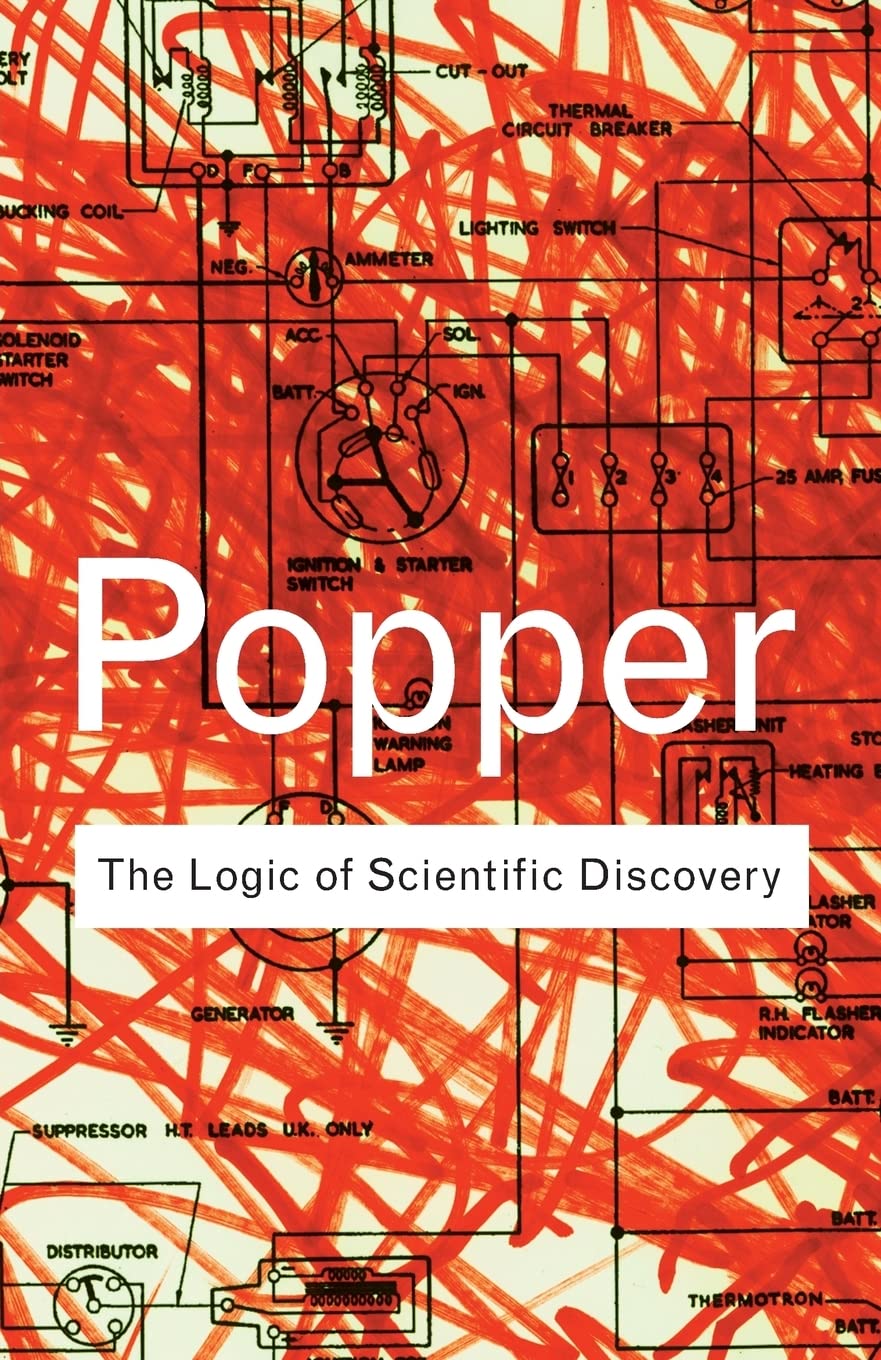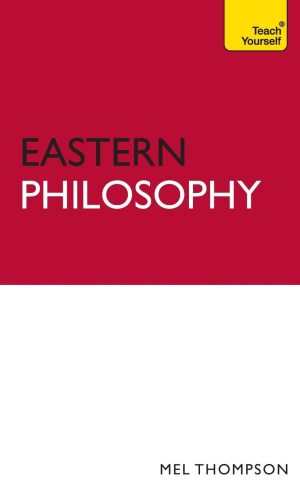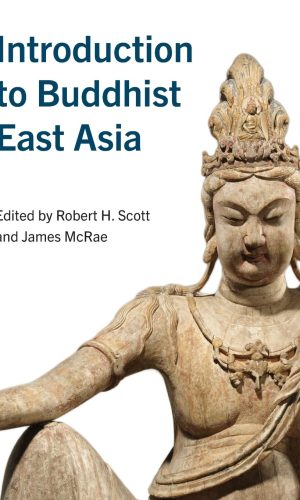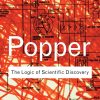The Logic of Scientific Discovery (Routledge Classics)
£18.00
Described by the philosopher A.J. Ayer as a work of ‘great originality and power’, this book revolutionized contemporary thinking on science and knowledge. Ideas such as the now legendary doctrine of ‘falsificationism’ electrified the scientific community, influencing even working scientists, as well as post-war philosophy. This astonishing work ranks alongside The Open Society and Its Enemies as one of Popper’s most enduring books and contains insights and arguments that demand to be read to this day.
Read more
Additional information
| Publisher | 2nd edition (21 Feb. 2002), Routledge |
|---|---|
| Language | English |
| Paperback | 544 pages |
| ISBN-10 | 9780415278447 |
| ISBN-13 | 978-0415278447 |
| Dimensions | 12.9 x 3.12 x 19.81 cm |










by charles whitworth
But it is hard to understand
by S. Meadows
This is probably Popper’s most famous work, in which he lays out his philosophy of science, focusing on the question of epistemology.
The book begins in a surprisingly accessible manner. I was expected some very high level philosophy that would be difficult to understand, but the translation is very easy to follow. Where he gets a little more obscure, he brings it back down-to-earth with examples that help to put his argument in context. I would describe the argument that Popper creates as being cumulative; that is, there are lots of references to earlier sections and, in particular, definitions.
For this reason, I would not recommend reading this book over a long period of time. I think it demands to be read quite intensively in as short a time as possible in order to ensure that one may follow it all.
The main thrust of Popper’s argument is to say that theories are never verified, they can only be falsified. He dismantles the positivist point of view which led to empiricism and shows empiricism reduces to mere psychologism. From here, he then needs to discuss the degree of falsifiability. He considers a theory to be less likely the more ways it can possibly falsified. From here, what I think he should have done would then be to talk about corroboration and how a theory stands up to attempts to falsify it. Unfortunately, he leaves this to the end and instead goes off on a rather long and tortuous talk about probability.
This quite long section was the downside for me, as his discussion (and in particular, notation) was quite obscurantist, making it difficult to follow and quite oblique. From here, he moves on to talk about quantum mechanics and in particular the Heisenberg Uncertainty Principle.
This brings me to my last point. If his theory is to be thought of as a scientific theory at all, then it must play by its own rules. That is to say, there must be a set of singular statements from this theory that can, in principle at least, be subject to testing to see if they can be falsified. Such a set of statements is not presented to the reader, so I could only conclude that while Popper’s contribution is to be valued and considered, it doesn’t constitute a scientific theory. It remains an application of metaphysics.
by Mr. Francois Marcognet
“The Logic of Scientific Discovery”, first published in German in 1935 by Karl Popper, (1902-1994), opened a new way in the philosophy of science.
He began his epistemological work with “The Two Fundamental Problems of the Theory of Knowledge” (unpublished immediately), and he gave a summary of it in the first edition of his “Logic”. The two main problems of Popper’s logic are those of induction and of demarcation. Induction is the first one, or the problem of Hume with the first objection of Kant, the second problem is concerning the separation between science and pseudo-science ( i.e. essentially metaphysics, marxism, and psychoanalysis). He realized later that it was the same problem.
So, since Bacon (“Novum Organum”) until the logical positivism of the Vienna Circle (Carnap, Schlick, Wittgenstein), the scientific research was for Popper in a wrong way. In their scientific approach the authors of the Vienna Circle did adopt a criterion of meaning (and with verification) in order to divide the two sorts of propositions: scientifical versus metaphysical, to stay in the truth of science. For Popper, the scientific discovery is an unended process of trial and error, in testing hypothesis or theories, with the survival of the best ones through the means of the falsification or the refutation. It is an objective knowledge, but we can never speak of truth, we can only be confident in the theories (or conjectures) which have resisted to the strongest tests. It is a matter of “corroboration”, with deductions, until a new theory is about to supersede the previous one (Newton, Einstein…).
Popper developed a new epistemology upon his logic of conjectures and refutations in scientific progress, he called it “critical rationalism”, with free discussion between the scientists,(against empiricism and non-critical rationalism), and finally it led him up to an evolutionary theory of knowledge in philosophy of science.